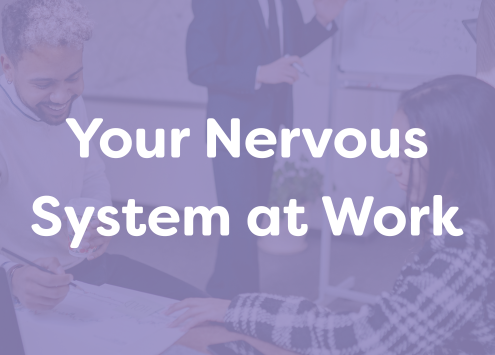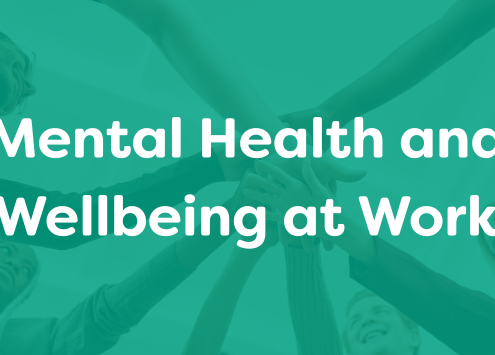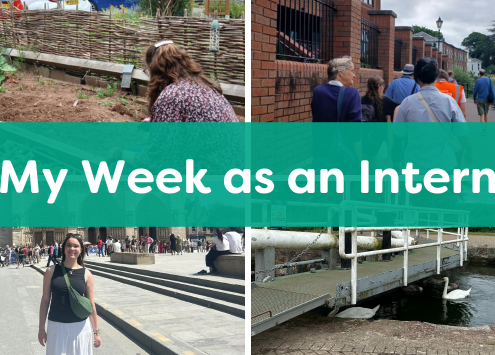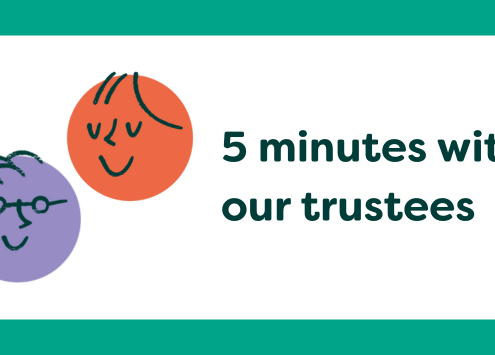 https://steponecharity.co.uk/wp-content/uploads/2026/02/Legacy-blog-2026.png
355
700
Isaac Mann
https://steponecharity.co.uk/wp-content/uploads/2024/02/step-one-wellbeing.svg
Isaac Mann2026-02-11 15:19:122026-02-11 15:34:31Leave a Legacy of Support: Make a Will Week 2026
https://steponecharity.co.uk/wp-content/uploads/2026/02/Legacy-blog-2026.png
355
700
Isaac Mann
https://steponecharity.co.uk/wp-content/uploads/2024/02/step-one-wellbeing.svg
Isaac Mann2026-02-11 15:19:122026-02-11 15:34:31Leave a Legacy of Support: Make a Will Week 2026Whether you love Christmas, or you dread it, Christmas can provide many stress points and spending a little time in advance thinking about how to care for yourself and others might be helpful in reducing stressful elements over the Christmas period.
This year, with restrictions on meeting up with family and friends, there may be an additional layer of anxiety for some, and for many of us this will be a very different Christmas. Perhaps we will be facing the loss of a loved one, unemployment, or financial hardship, so it’s important that we are kind to ourselves as well as to others.
Isolation and Loneliness
In a normal year, around 4% of UK adults would be spending Christmas alone. This year that figure is expected to double as a result of the pandemic. We may be keeping apart to keep elderly and vulnerable family members safe, some of us may be alone through bereavement, but being alone and feeling isolated at Christmas can feel particularly tough.
Though it will never be the same as being face-to-face with loved ones, technology can help to keep you connected. Family Christmas Zoom calls are likely to be big news this year, virtual meet-ups with friends can be a fun way to stay connected. If you’re unsure of how to use online platforms to connect, here is a great guide.
Fear of missing out
When we are flooded with images that everyone is having a great time at Christmas, that fear of missing out can be overwhelming and all consuming, particularly when scrolling endlessly through social media. But these are the edited highlights of people’s lives. It can be helpful to remember that if you panned across from the shot of the beautifully laid Christmas table, with perfect place settings and delicately shimmering candles, you might see a kitchen that has pots and pans stacked high, every inch of counter space filled, and the spattered-aproned chef desperately holding the dog back from the turkey long enough to get that ‘perfect photo’. Not all will be as it seems. Set yourself limits for time spent on social media and take time to be present in your life. Be mindful of where you are and what grounds you.
Online socialising
Socialising over the festive season can be incredibly stressful and some people will be relieved at the enforced break from seasonal parties and social gatherings.
As workplaces and friendship groups plan ways to connect virtually, some of us will be breathing a sigh of relief at not having to meet up in person, others will make the transition seamlessly, but for some people, the office Christmas zoom party will be looming on the horizon and filling them with despair.
Remember you don’t have to say ‘yes’ even to online events. Workplaces are trying to find ways to check on their people, to make sure you’re okay, and to encourage the sense of belonging while apart, but if the idea forced joviality online is making you anxious then decline the offer to attend, or speak to a colleague or manager about absenting yourself.
If you feel you must attend then perhaps mute yourself and turn off your camera, or wear something you feel comfortable in (like your pyjamas) off-screen. If the occasion is becoming too intense then ‘nip off’ for five minutes and give yourself a breather.
Family
For those still planning to celebrate Christmas with their families, there is no denying that this year will be very different. Juggling family expectations and government restrictions will add to what many of us already find quite stressful.
We may have family members missing from our usual celebrations, we could have had to try and put on Christmas on much less money than before, or we may be anxious about our current and future job security. We may feel under pressure to be ‘having fun’ while we’re struggling with feeling upset and anxious. All or any of these reasons may lead us to flare up more quickly and underlying tensions can quickly surface.
Whatever your family situation this Christmas it is often the one time of the year we can recharge and take stock. Take time to give yourself the space to recover from what has been a horrendous year. Be kind to yourself, and to others.
Share out tasks, work together as much as possible and take enjoyment from that. If tensions run high and arguments break out, try to step back. Take time away for yourself. If possible, think ahead in the run-up to Christmas and make plans to negotiate those tricky situations that crop up every year, or where things could get stressful. If you are always the figure of fun and you find the ridicule hurtful, maybe mention it when making plans to get together to stave off bad reactions to your objections once everyone has enjoyed one or two Christmas tipples.
Low mood at Christmas
We may not all be looking forward to Christmas. This has been a tough year for us all and we may find our mental health is not in great shape. That is okay. If you are feeling anxious or sad at Christmas it can be really hard when everyone around you is in the mood to celebrate. But you don’t have to ‘put on a brave face’ – it is fine to accept that this year Christmas you may not feel okay. Talk to someone about how you are feeling – having someone listen to you can be a real relief. Don’t worry about ‘spoiling Christmas’, most people would rather know that you are finding things difficult or feeling sad.
We all need to take time to recharge at Christmas, and it can be tempting to let our usual routines slip, and spend the day in pyjamas. We might stay up a little later, drink a few more Christmas cocktails than we should, and reach for the biscuit tine rather than the fruit bowl. Taking time out and having less focus on timekeeping and deadlines can be good, but if your mental health is poor it can be all too easy to slide into unhelpful habits.
Alcohol
Alcohol may temporarily melt away feelings of anxiety and depression, but alcohol is a depressant and so could in fact heighten those feelings and make your moods more volatile over time. Set yourself some guidelines to help you manage how much you drink over the festive season.
Food
Similarly, the food we eat can affect how we feel. Avoid sugary, highly processed foods and drinks as research has shown these are linked to low mood. If you start to feel sluggish over the Christmas period look at eating more fruit and vegetables, particularly leafy greens, and wholegrain rather than processed foods. Do some meal planning around Christmas to avoid just reaching for the chocolate or mince pies.
Routine
We would all be mindful to remember that routine can be beneficial for our wellbeing. On a practical level, if you are taking medication any change in routine increases the risk of you forgetting to take your medication which could be a real problem. But aside from the practical, keeping up with your daily routine as much as possible will help you control your stress levels – if there is something you have to do, it may keep popping into your head making you anxious. Sticking to a routine will help to manage these activities. The benefits of sleep are widely reported, but when you change your routine you may also be upsetting your sleep pattern which will impact on your ability to do things and on your mood. We may be waking early or unable to get to sleep when depressed but trying to keep to a regular sleeping pattern can make falling asleep, or getting back to sleep a bit easier.
Make plans wherever you can for Christmas to keep you on track, manage stressful events and help boost your mood. But don’t forget to build in some time to look after yourself.
Uncertainty
The pandemic has introduced a level of uncertainty that many of us have never experienced before, the future is still somewhat uncertain for the next few months. It is possible to follow a few guidelines about managing that uncertainty, but it is also good to remember that these strange and uncertain times will pass and things will improve.











